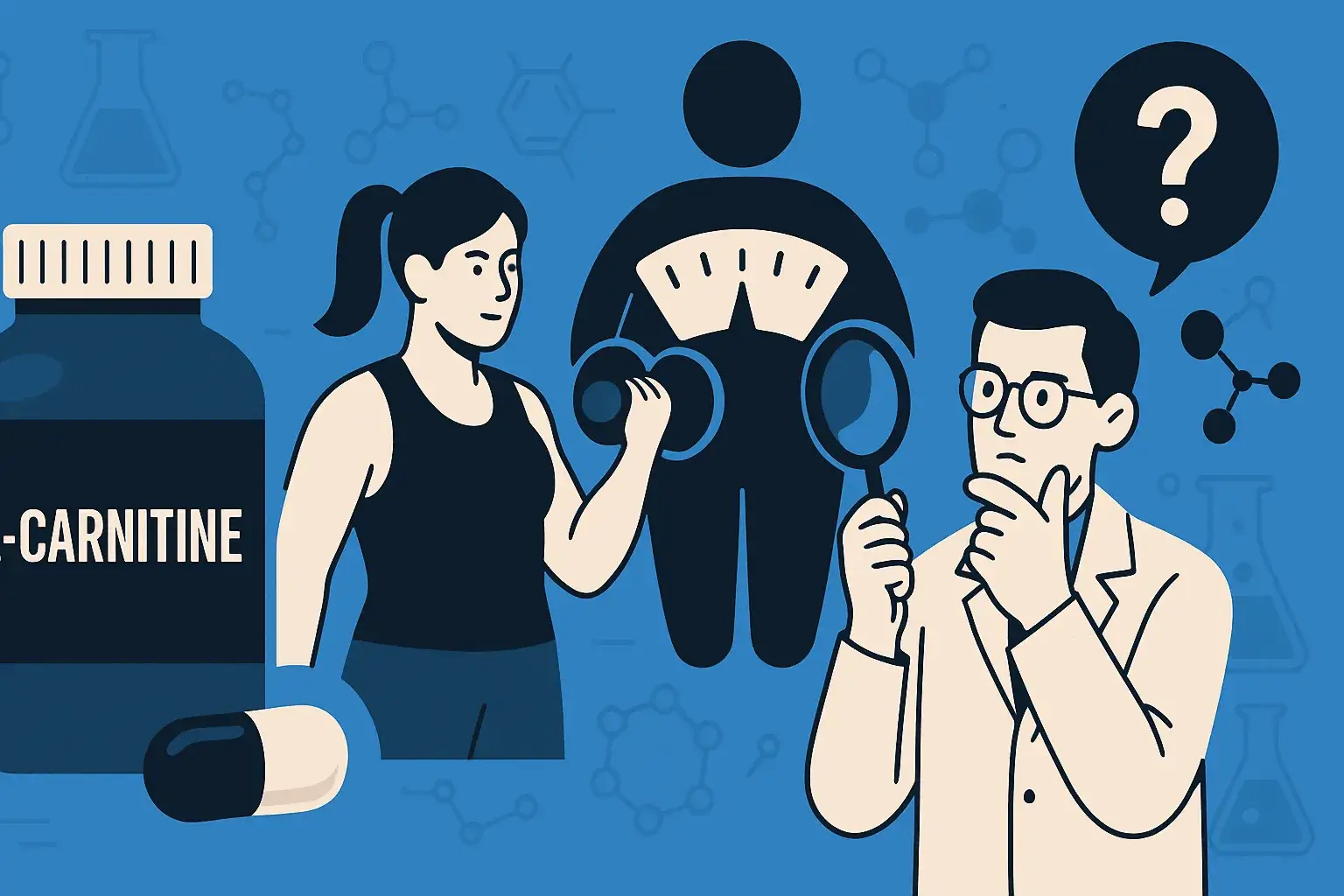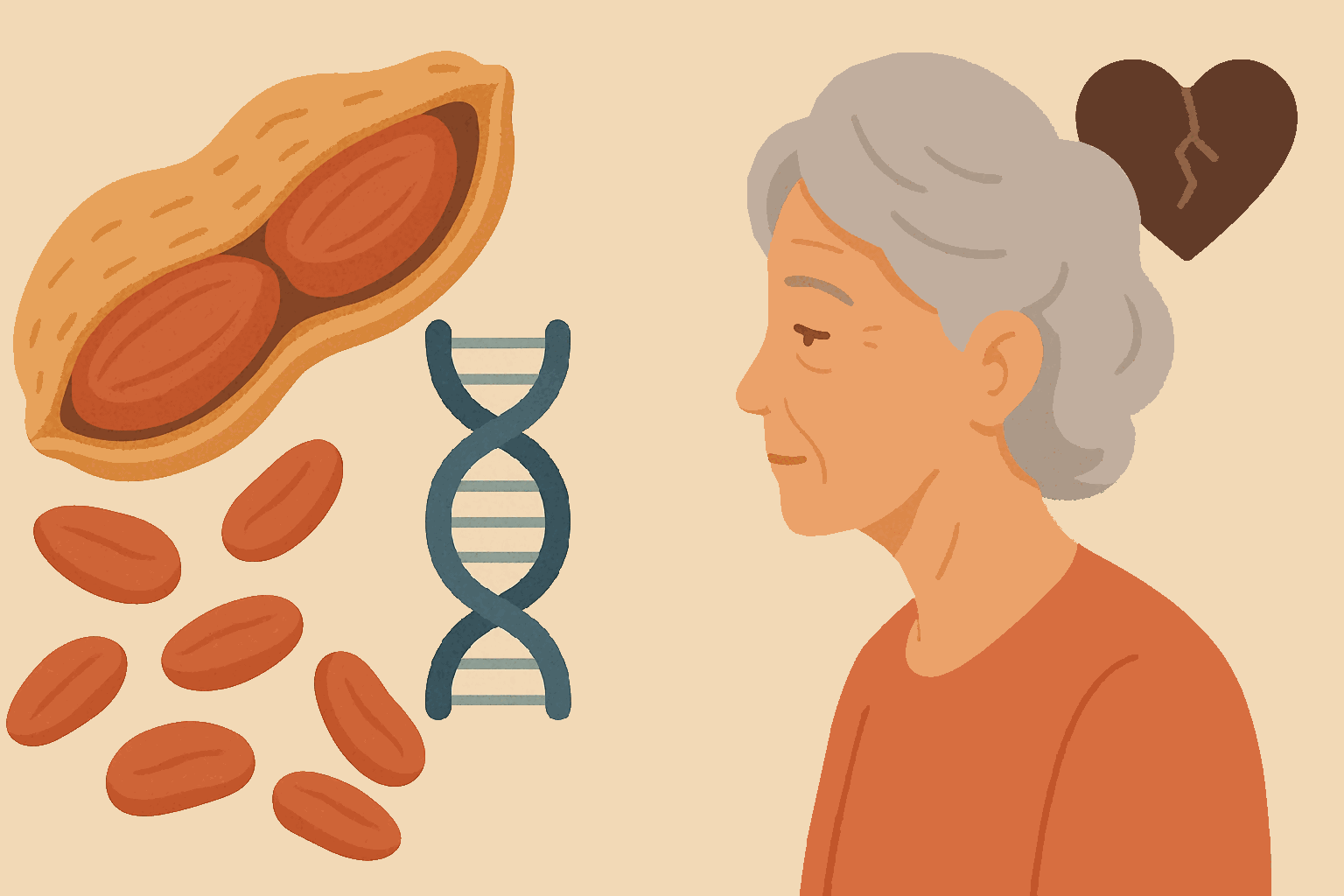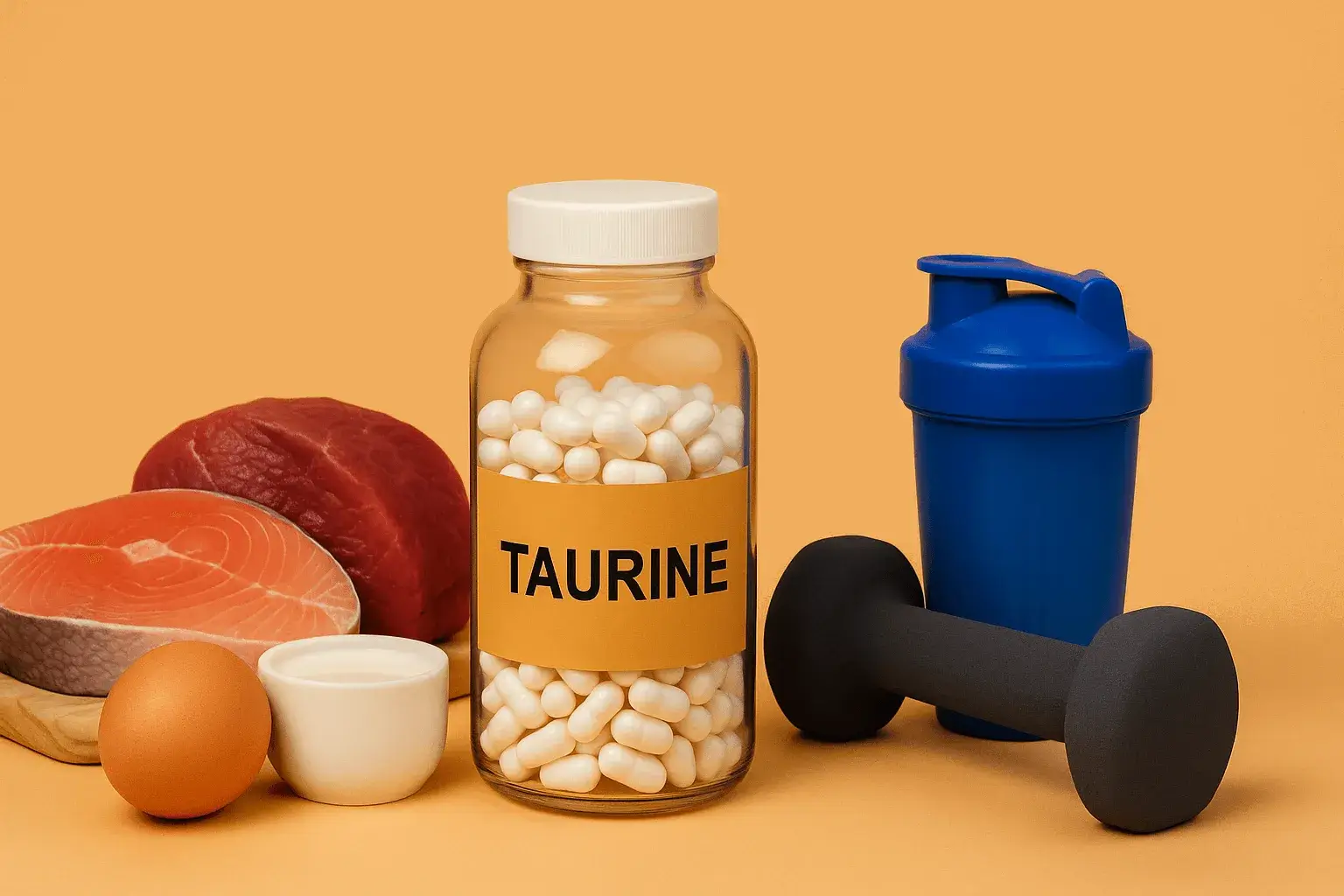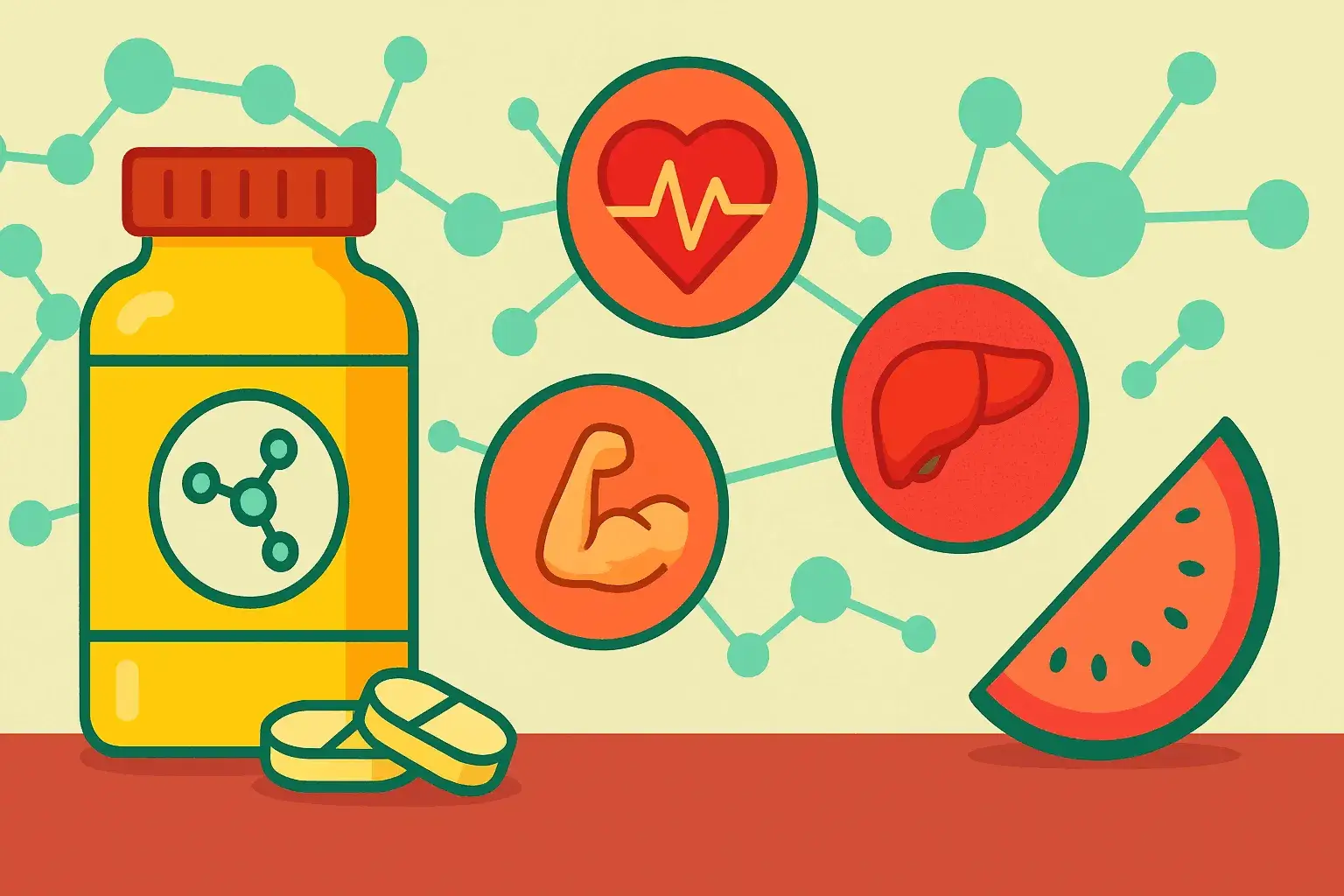
L-Citrulline: Unlocking Its Science-Backed Health and Performance Benefits
- Marcus Reed
- Health , Nutrition , Supplements
- May 19, 2025
Table of Contents
Fast Facts: L-Citrulline Highlights (TL;DR)
- Key Role: L-Citrulline is an amino acid crucial for nitric oxide production and the urea cycle.
- Heart Health: Significantly improves blood flow and can help lower blood pressure by boosting nitric oxide.
- Performance Boost: Enhances athletic endurance, reduces muscle soreness, and aids ammonia detoxification during exercise.
- Metabolic Support: Shows potential in improving liver function (e.g., NAFLD) and insulin sensitivity.
- Common Dosage: 3-5 grams daily for general health; 6-8 grams of L-citrulline malate pre-workout for performance.
- Sources: Found naturally in watermelon; also available as L-citrulline or citrulline malate supplements.
What Is L-Citrulline? Understanding This Unique Amino Acid
L-Citrulline, once a lesser-known amino acid, is now stepping into the spotlight for its impressive, research-supported health benefits. L-Citrulline is a non-proteinogenic amino acid, meaning it’s not used directly to build proteins in your body like many other amino acids. Instead, it plays a vital role in several physiological processes. Your body naturally produces L-Citrulline, primarily as part of the urea cycle—a critical pathway for detoxifying ammonia and eliminating nitrogenous waste. You can also obtain L-Citrulline from certain dietary sources, with watermelon being its most famous natural reservoir.
The true power of L-Citrulline lies in its role as a highly efficient metabolic precursor to L-arginine. L-arginine is then converted into nitric oxide (NO), a crucial signaling molecule essential for cardiovascular health, blood flow regulation, immune function, and more [1]. Interestingly, supplementing with L-Citrulline can be more effective at increasing L-arginine levels in the body than supplementing with L-arginine itself, due to differences in how they are absorbed and metabolized [12].
Key Health Benefits of L-Citrulline Supported by Clinical Research
The growing body of research on L-Citrulline highlights its potential across various aspects of health, from your heart to your muscles.
1. Cardiovascular Health Optimization: Supporting Your Heart and Blood Vessels
L-Citrulline demonstrates remarkable benefits for vascular function through multiple, science-backed mechanisms:
- Nitric Oxide Enhancement: By efficiently converting to L-arginine, L-Citrulline significantly boosts NO bioavailability. Increased NO promotes vasodilation (widening of blood vessels), which improves blood flow and supports overall endothelial function—the health of the inner lining of your blood vessels [1]. This is a cornerstone of “how L-citrulline benefits heart health.”
- Blood Pressure Regulation: Multiple clinical trials and meta-analyses indicate that L-Citrulline supplementation, typically at doses of 3-8g per day, can significantly reduce both systolic and diastolic blood pressure, particularly in individuals with prehypertension or hypertension [2], [3], [4].
- Arterial Stiffness Reduction: Studies show L-Citrulline can improve arterial flexibility, as measured by pulse wave velocity and aortic stiffness markers. This is important because stiff arteries are a risk factor for cardiovascular events [2].
- Atherosclerosis Prevention: Early research in animal models suggests L-citrulline may help prevent the buildup of plaques in arteries (atherosclerosis), further supporting its role in long-term cardiovascular protection [11].
Clinical Insight: A meta-analysis published in the Journal of Human Hypertension concluded that L-citrulline supplementation leads to a clinically relevant reduction in blood pressure, underscoring its potential as a natural intervention for cardiovascular support [4].
2. Athletic Performance Enhancement: Go Further, Recover Faster
For athletes and active individuals, L-Citrulline offers several advantages that can translate to better workouts and improved recovery:
- Ammonia Detoxification: During intense exercise, ammonia accumulates in muscles and blood, contributing to fatigue. L-Citrulline, as a key player in the urea cycle, helps accelerate ammonia clearance, potentially delaying fatigue and reducing muscle soreness [6], [9].
- Improved Oxygen Efficiency (VO2 Kinetics): L-Citrulline supplementation has been shown to enhance oxygen uptake kinetics, meaning your body can utilize oxygen more efficiently during exercise. This can improve performance in endurance activities [5].
- Increased Endurance and Power: Several double-blind, placebo-controlled trials demonstrate that L-Citrulline can extend time-to-exhaustion during high-intensity exercise and may improve power output [5], [6], [9]. This answers the common query “how L-citrulline improves athletic performance.”
Dosage Tip for Athletes: For optimal ergogenic effects, studies often use 6-8 grams of citrulline malate (a form of L-Citrulline bound with malic acid, typically in a 2:1 L-Citrulline to malate ratio) taken approximately 60 minutes before a workout [5], [6].
3. Metabolic and Liver Support: Emerging Areas of Benefit
Emerging research highlights L-Citrulline’s promising role in supporting metabolic health and liver function:
- Non-Alcoholic Fatty Liver Disease (NAFLD): Preclinical studies indicated citrulline’s potential in reducing hepatic steatosis (fat buildup in the liver) [7]. More recently, a clinical trial in obese adolescents demonstrated that L-citrulline supplementation improved markers of liver steatosis and other metabolic parameters, suggesting a beneficial role for L-citrulline supplementation for metabolic syndrome components [8]. This addresses “L-citrulline benefits for liver detoxification” in a broader metabolic context.
- Insulin Sensitivity and Glucose Metabolism: By boosting nitric oxide, L-Citrulline may enhance glucose disposal through improved microvascular blood flow to skeletal muscles. Some reviews suggest that this mechanism can contribute to better insulin sensitivity, which is crucial for preventing type 2 diabetes [9], [10].
- Mitochondrial Function: Some research suggests L-Citrulline might influence pathways like PGC-1α, which are involved in mitochondrial biogenesis (the creation of new mitochondria). Healthy mitochondrial function is vital for energy production and may counteract age-related metabolic decline [10].
Key Finding: A 2021 randomized controlled trial involving obese adolescents found that L-citrulline supplementation significantly improved liver steatosis grades and was associated with positive changes in cardiometabolic risk factors [8].
Practical Usage Guidelines for L-Citrulline Supplementation
If you’re considering adding L-Citrulline to your health regimen, here’s what you need to know about “L-citrulline dosage and safety.”
Optimal Dosing Protocol: How Much L-Citrulline to Take?
- General Cardiovascular and Metabolic Health: 3-5 grams of pure L-Citrulline per day, often taken in divided doses.
- Athletic Performance: 6-8 grams of L-Citrulline Malate (providing about 3.4-4.5 grams of L-Citrulline) taken 45-60 minutes before exercise.
- Blood Pressure Management: Doses ranging from 3-8 grams per day have been used in studies, often divided. Consult with a healthcare provider for personalized advice.
Always start with a lower dose to assess tolerance.
Best Forms for Supplementation: L-Citrulline vs. Citrulline Malate
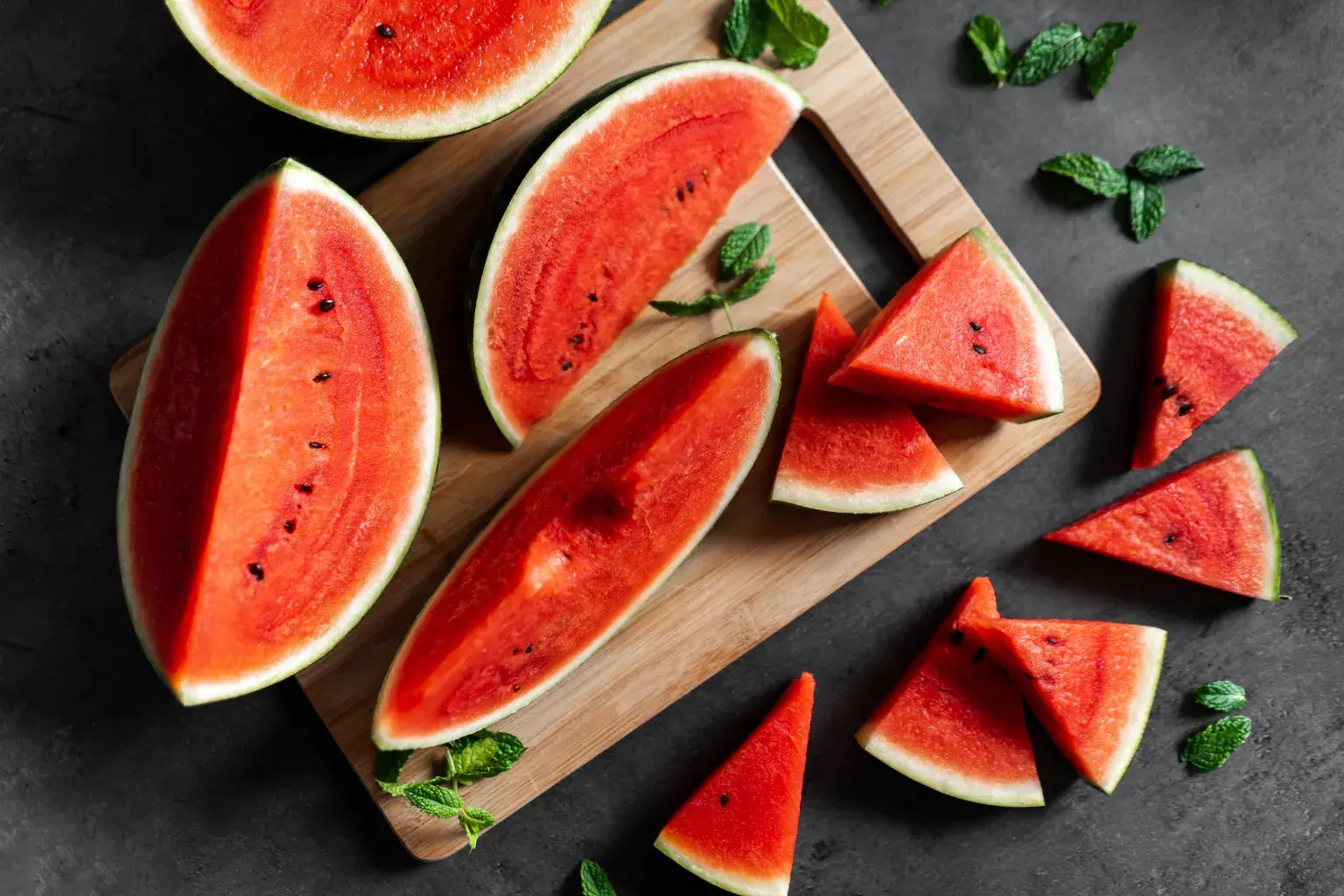
- Citrulline Malate: This form combines L-Citrulline with malic acid (usually a 2:1 or 1:1 ratio). It’s often preferred for athletic performance, as malate itself plays a role in energy production (Krebs cycle). It may also enhance absorption or reduce gastrointestinal discomfort for some. This is often considered the “best form of L-citrulline supplement to buy” for athletes.
- Pure L-Citrulline: This is L-Citrulline without malic acid. It’s a cost-effective option and perfectly suitable for general health benefits, including cardiovascular support.
- Watermelon Extract: While a natural source, achieving therapeutic doses of L-Citrulline from watermelon extract alone can be challenging and less standardized than pure supplements. However, “watermelon extract benefits” include other phytonutrients alongside L-citrulline.
Safety Profile and Potential Interactions
L-Citrulline is generally considered safe and well-tolerated, even at higher doses used in research.
- Side Effects: Mild gastrointestinal discomfort (e.g., stomach upset, diarrhea) is possible, particularly at higher doses, but is uncommon.
- Contraindications: Individuals with autoimmune disorders like rheumatoid arthritis should exercise caution, as L-Citrulline could potentially stimulate the immune system. There is limited research in this specific population.
- Drug Interactions: Due to its blood pressure-lowering effects, L-Citrulline may have additive effects with antihypertensive medications (drugs for high blood pressure) or nitrates. If you are taking such medications, or any other prescription drugs, consult your healthcare professional before using L-Citrulline supplements to avoid any “is L-citrulline safe to take daily” concerns specific to your health conditions.
Conclusion: Evidence-Based Recommendations for L-Citrulline
L-Citrulline stands out as a versatile and effective dietary supplement with robust clinical backing for a range of health benefits. Its ability to enhance nitric oxide production underpins its significant contributions to:
- Improved cardiovascular health, including blood pressure management and arterial function.
- Enhanced athletic performance, through mechanisms like ammonia clearance and improved oxygen kinetics.
- Potential support for metabolic health, including liver function and insulin sensitivity.
When choosing an L-Citrulline supplement, prioritize products from reputable manufacturers that offer pharmaceutical-grade L-Citrulline or Citrulline Malate and provide clear labeling of ingredients and dosages. For maximal benefits, L-Citrulline supplementation should be part of a holistic approach to health that includes a balanced diet, regular physical activity, and consultation with healthcare professionals for personalized advice.
Scientific Consensus: Multiple systematic reviews and meta-analyses of randomized controlled trials confirm L-Citrulline’s efficacy, particularly for improving cardiovascular parameters and certain aspects of exercise performance, generally at doses of 3g/day or higher [4], [9], [10]. Always consult with a healthcare provider before starting any new supplement regimen.
Frequently Asked Questions (Q&A)
Q1: What are the main health benefits of L-citrulline supplementation?
Q2: How does L-citrulline improve athletic performance and reduce muscle soreness?
Q3: What is the recommended L-citrulline dosage for blood pressure or exercise?
Q4: Are there any side effects or contraindications for L-citrulline?
Q5: Can I get enough L-citrulline from food sources like watermelon?
Disclaimer
The information provided on BioBrain is intended for educational purposes only and is grounded in science, common sense, and evidence-based medicine. It is not a substitute for professional medical advice, diagnosis, or treatment. Always consult a qualified healthcare provider before making significant changes to your diet, exercise routine, or overall health plan.
References
- Bahri S, Zerrouk N, Aussel C, Moinard C, Crenn P, Curis E, Chaumeil JC, Cynober L, Sfar S (2013) "Citrulline: from metabolism to therapeutic use"
- Ochiai M, Hayashi T, Morita M, Ina K, Maeda M, Watanabe F, Morishita K (2012) "Short-term effects of L-citrulline supplementation on arterial stiffness in middle-aged men"
- Sanchez-Gonzalez MA, Reiter RJ, Qiu W, Wang DX, Manchester LC, Tan DX, Vijaya P, Robertson M (2013) "Watermelon extract supplementation improves aortic blood pressure and wave reflection in individuals with prehypertension: a pilot study"
- Figueroa A, Wong A, Jaime SJ, Gonzales JU (2017) "Impact of L-citrulline supplementation on blood pressure: a meta-analysis of randomized controlled trials"
- Bailey SJ, Blackwell JR, Lord T, Vanhatalo A, Winyard PG, Jones AM (2015) "L-citrulline supplementation improves O2 uptake kinetics and high-intensity exercise performance in humans"
- Suzuki T, Morita M, Kobayashi Y, Kamimura A (2016) "Oral L-citrulline supplementation enhances cycling time trial performance in healthy trained men: Double-blind randomized placebo-controlled 2-way crossover study"
- Jegatheesan P, Beutheu S, Ventura G, Nubret E, Goupil F, De Bandt JP, Cynober L (2016) "Citrulline protects against ethanol-induced hepatic steatosis and injury in rats by preventing hepatic lipid accumulation and oxidative stress"
- Martínez-Sánchez A, Pérez-Guisado J, Galiano-Segovia MJ, et al. (2021) "L-citrulline supplementation improves liver steatosis and metabolic markers in obese adolescents: A randomized controlled trial"
- Gonzalez AM, Trexler ET (2020) "Effects of Citrulline Supplementation on Exercise Performance in Humans: A Review of the Current Literature"
- Allerton TD, Proctor DN, Stephens JM, Dugas TR, Spielmann G, Irving BA (2018) "l-Citrulline Supplementation: Impact on Cardiometabolic Health"
- Hayashi T, Juliet PA, Matsui-Hirai H, Miyazaki A, Fukatsu A, Funami J, Iguchi A, Ignarro LJ (2005) "L-Citrulline and L-arginine supplementation retards the progression of high-cholesterol-diet-induced atherosclerosis in rabbits"
- Agarwal U, Didelija IC, Yuan Y, Wang X, Marini JC (2017) "Supplemental citrulline is more efficient than arginine in increasing systemic arginine availability in mice"
Tags :
- L citrulline
- Nitric oxide booster
- Amino acids
- Cardiovascular health
- Athletic performance
- Ammonia detoxification
- L citrulline dosage
- Watermelon extract benefits
- Supplement guide
- Evidence based health
- Metabolic syndrome
- Liver health
- L citrulline vs l arginine
